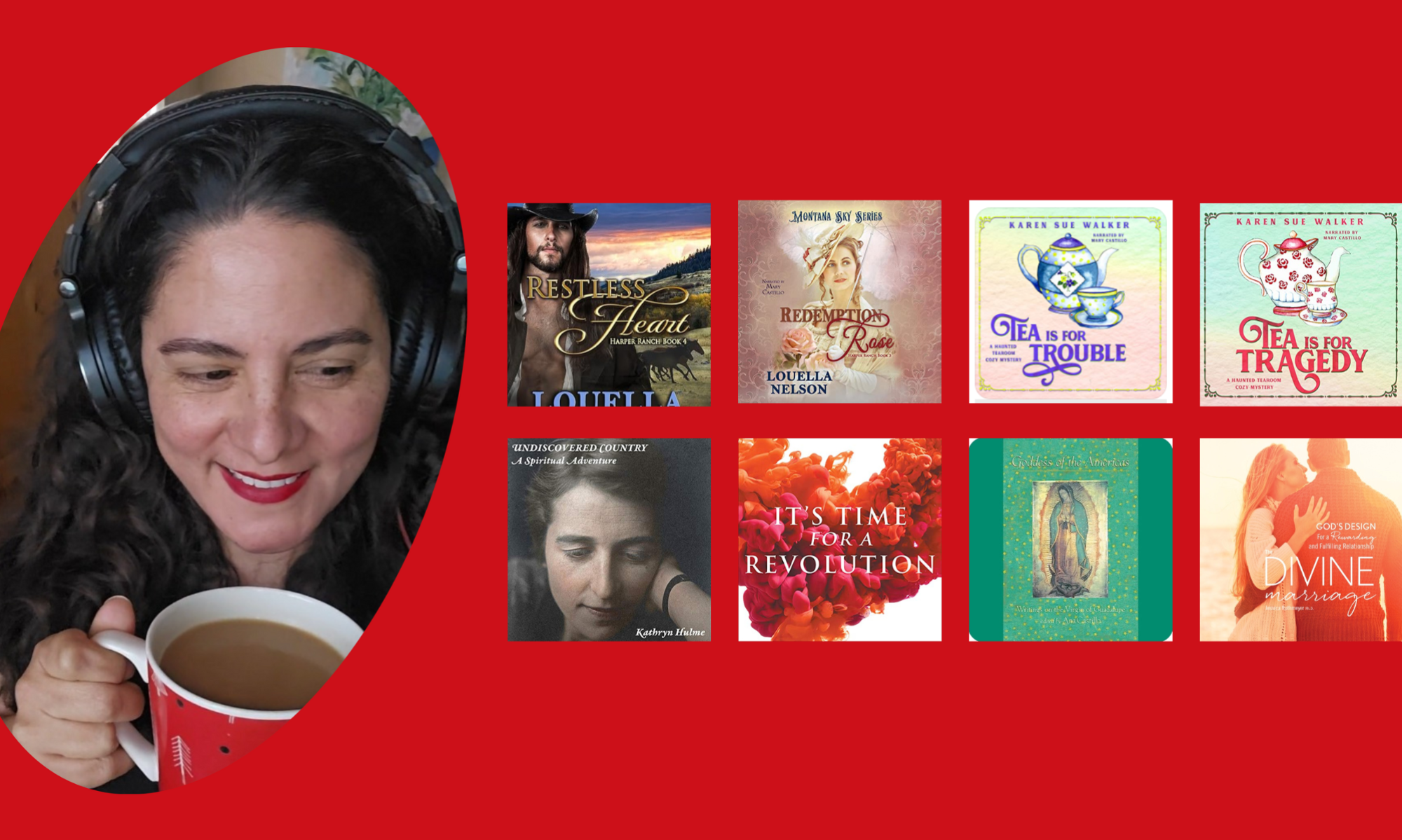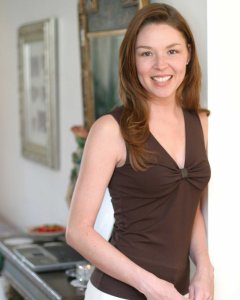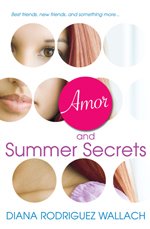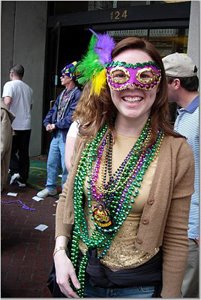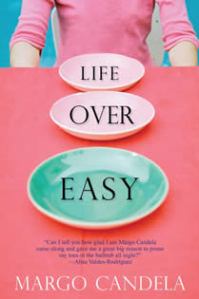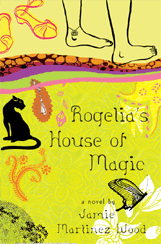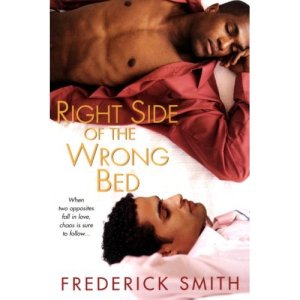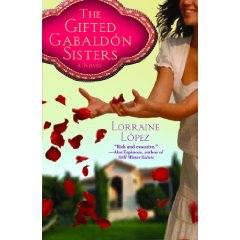
One day Selina McLemore asked me if I’d like to add points to my karma. Who can say no to that? She sent me a copy of Lorraine Lopez’s book, The Gifted Gabaldón Sisters. I made a grave error of cracking open the book when my husband was away because once I started it was very hard to put it down to play fire fighter with the Little Dude. (When you’ve played fire fighter as much as I have, dude, it’s cruel and unusual.)
Anyway whether I get good karma points or not, I’m really happy to introduce you to Lorraine and her beautifully written story of three sisters who are each gifted with a power by their late housekeeper, Fermina. This story is not what you’d expect and so without giving too much of the story away, please enjoy my Q&A with Lorraine.
Chica Lit: How did you learn of the story of your grandfather?
Lorraine: We always knew that our paternal grandfather was adopted. For as far back as I can remember, my mother talked about this, but she never disclosed the circumstances of his adoption. It wasn’t until I was an adult, with children of my own, that two of my aunts told me who he was and why he was adopted in response to my questions about him. No one discussed this openly with me before this time, but I knew there had to be a story here. By the time I asked about his origins, things had relaxed some with regard to notions of propriety, and people were more open to acknowledging, even taking pride in their indigenous roots. My aunts readily told me that my grandfather, their father, was the biological son of his adopted father’s brother and a Pueblo woman who worked as a servant in the family home, something they would have never dared to admit a decade earlier.
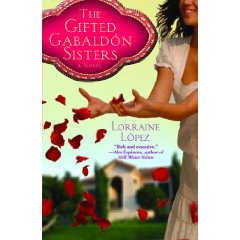 Chica Lit: Did you know that it would inspire a novel?
Chica Lit: Did you know that it would inspire a novel?
Lorraine: In the moment, I didn’t necessarily see this information as inspiration for a novel. It took me a few years to think this over and to think about the woman who had given birth to him and to his sister before I could articulate the information in a fictive way. It was the women–his mother and his sister–who moved and inspired me. My grandfather was extremely lucky to have been adopted by this childless couple of some means. Due to an accident of birth–because he was born a male–he lived a life of relative privilege as the son of property-owning Hispanos in Central New Mexico. Unfortunately, his mother and his sister had very different lives.
Chica Lit: Also, what happened to his sister?
Lorraine: I was told that she was sent to an asilo de huerfanos, literally an asylum for orphans, or an orphange, though in those days, these institutions were more like asylums than sunny places where childless couples found children to adopt. Basically, they were warehouses for unwanted infants and children.
Chica Lit: Do you feel that Latinos will always be at odds with our indigenous ancestors?
Lorraine: I believe this is changing for the better. I think it’s a good sign that people who once considered the circumstances of my grandfather’s birth and adoption to be too scandalous to discuss can now speak candidly about such things. That my very conservative family is ready to dismantle the denial and finally honor the complexity of our heritage is a terrific step in the right direction.
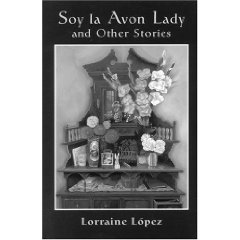 Chica Lit: You’re published short stories in literary journals and with small presses. How different was it to work with a large publisher?
Chica Lit: You’re published short stories in literary journals and with small presses. How different was it to work with a large publisher?
Lorraine: Working with a large publisher certainly has its advantages. My book is more accessible than my first two books ever were. Friends and family members are calling and writing to let me know that they’re seeing it in bookstores. Whereas, unless ordered on-line, my earlier two books were and still are challenging to find. Nevertheless, I miss the intimacy and personal connection I had with Sandy Taylor of Curbstone Press. Sandy, who passed away last winter, was a great man. He was resourceful, imaginative, talented, and extremely well respected and well loved in the independent publishing industry. I’m certainly grateful for the benefits of working with a large press, but in my heart, I’m still a Curbstonista, and I miss Sandy terribly.
Chica Lit: Please tell us how you sold your book.
Lorraine: I responded to an on-line call for book proposals sent out by an editor of what was Warner Books. She liked my proposal and asked to see the manuscript, which she also liked, but she urged me to find an agent. With the help of my friend and fellow writer, Tayari Jones, I found an agent at Dystel and Goderich, and the deal was made. Of course, this is the short version that leaves out the two editors, two agents, two publishing houses (Warner was sold to Hachette Book Group USA–Grand Central Press), and the three years it took from the time the manuscript was first accepted until the book came out this month.
Chica Lit: What are you working on now?
Lorraine: Right now, I’m at work on a first-person narrative about a Latina woman named Marina who is on a quest for spiritual enlightenment and inner peace, despite the fact that she has no affinity for enlightenment and no aptitude for peace. Her goal is akin to a tone deaf person’s desire to become a concert musician. I am having a great time writing this voice. It’s bawdy, outspoken, indignant, funny, and sad. I like when a character acts out in startling ways, and I’m discovering that Marina is full of surprises.
Chica Lit: The Gifted Gabaldón Sisters makes a great book club read! For a sampling of questions and an excerpt, go here.
